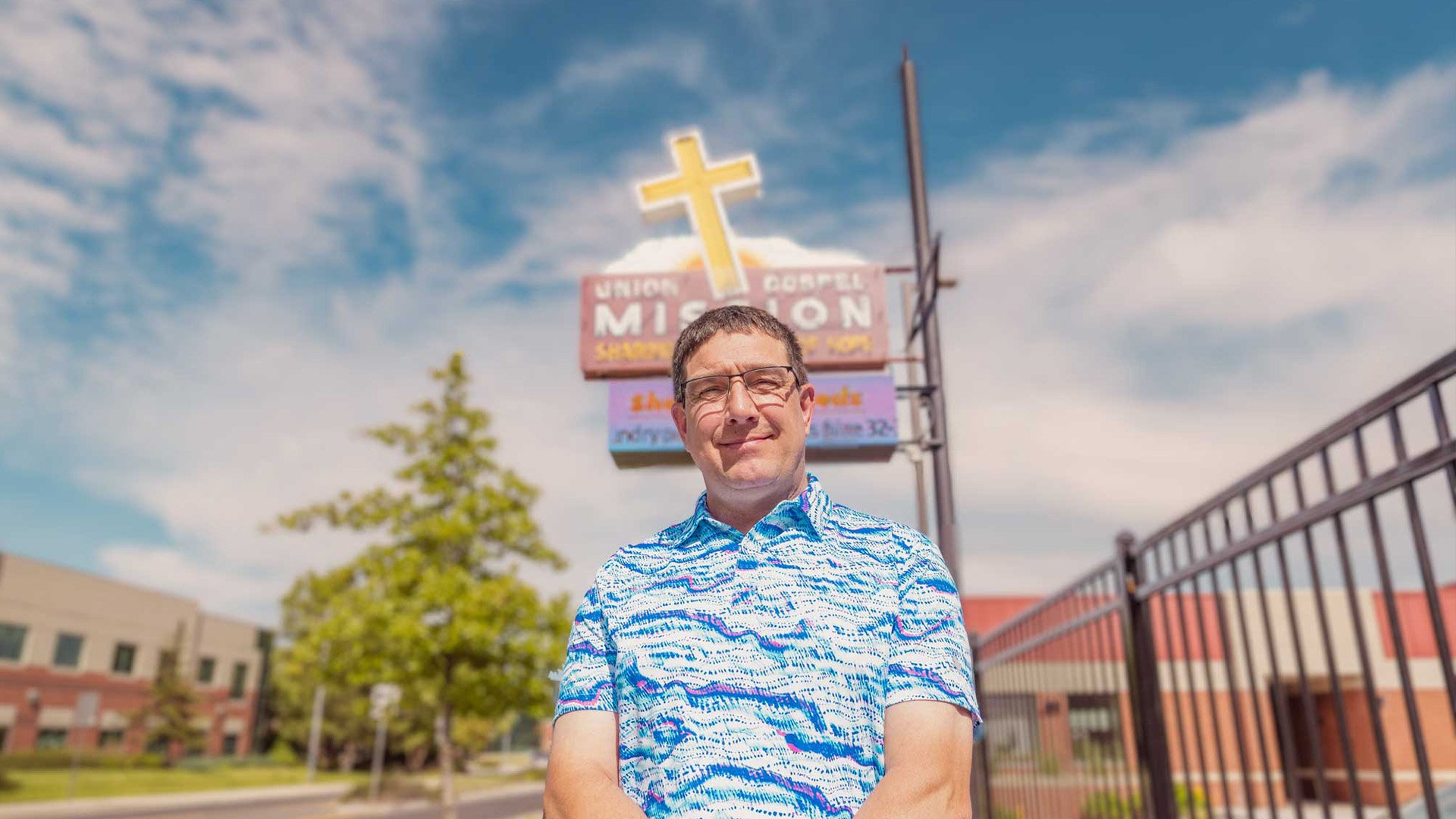2 min read
Gospel-Centered from the Start
“Let us hold unswervingly to the hope we profess, for He Who promised is faithful…Jesus Christ is the same yesterday, today, and forever.” (Hebrews...
By Dave Edwards, Licensed Marriage and Family Therapist
Fantasy: The word conjures up all kinds of thoughts, feelings and images in one’s mind.
Fantasy is defined as something that is produced by the imagination: an idea about doing something that is far removed from normal reality, or an imagined event such as a daydream, usually fulfilling a wish or psychological need.
 The Urban Dictionary defines fantasy as "a strong addiction usually with something that is not real and probably will never be."
The Urban Dictionary defines fantasy as "a strong addiction usually with something that is not real and probably will never be."
There's a phenomenon taking our culture by storm: Fantasy football, baseball, soccer, relationships, and … fantasy sex.
Most “players” in fantasy sports will never actually be professional athletes, managers, owners, etc. But it becomes more confusing and perplexing when one considers the idea of “fantasy relationships” or “fantasy sex.” Many of the men and women who are addicted to sex, pornography, masturbation and illicit affairs are married and have family and friends. The key to understanding these fantasies and addictions is in looking into what drives or motivates a person to lose themselves in these activities: escapism!
Patrick Carnes, a well-known author and therapist in the field of sexual addiction, writes, “Addiction is an illness of escape. Its goal is to obliterate, medicate, or ignore reality. It is an alternative to letting oneself feel hurt, betrayal, worry and – most painful of all – loneliness.”
I believe it is the desire of every human heart to love and be loved, and I suggest that one of the reasons sexual addiction is such a powerful epidemic in our world is that “fantasy sex” via pornography gives the viewer the intoxicating illusion of being wanted and connected. Other forms of addiction − drugs, alcohol, gambling, etc. − certainly offer escape, but they typically do not involve the illusion of being intimately connected to another human being.

The term “sexual addiction” is often misunderstood and covers a very broad range of behaviors from compulsive masturbation to violating the rights of others via rape or molestation. The National Council on Sexual Addiction and Compulsivity has defined sexual addiction as “engaging in persistent and escalating patterns of sexual behavior acted out despite increasing negative consequences to self and others.” In other words, a sex addict will continue to engage in certain sexual behaviors despite facing potential health risks, financial problems, shattered relationships or even arrest.
Patrick Carnes has identified 3 levels of sexual addiction, with the understanding that all addiction is progressive and destructive.
Level One involves compulsive masturbation, affairs, romance addiction, multiple partners, pornography use and collection, phone sex and cybersex, anonymous sex or going to strip clubs.
Level Two includes illegal prostitution, public sex, voyeurism, exhibitionism, obscene phone calls, frotteurism, stalking, or sexual harassment.
Level Three includes rape; child molestation; obtaining and viewing child pornography, rape or snuff pornography; sexual abuse of older or dependent persons; incest; and violating professional boundaries (clergy, police, teachers, doctors, lawyers, etc.).
Sexual addiction, like other addictions, is progressive in that the person builds up tolerance (the need for more of the “drug” to get the desired effect). However, there are many sex addicts that do not progress from one level to the next but increase the intensity and frequency of their behaviors at their current level.

Sex addiction also carries a huge amount of societal shame, which tends to create more lies, deception and secrecy. These in turn create more guilt, shame and withdrawal for the addict.
The factors that lead a person to sexual addiction are not necessarily different from those that lead a person to other kinds of addictions, but research has found that sex addicts often come from dysfunctional families and are more likely than others to have been abused. One study found that 82 percent of sex addicts reported being sexually abused as children.
Treatment for sexual addiction involves many of the same processes and interventions used for other addictions:
I hope this gives you an introduction and will encourage you or someone you love to seek help. Here are some resources:
Learn about some of the ways to spot the signs of addiction - whether drug, alcohol, or sexual - early on.

2 min read
“Let us hold unswervingly to the hope we profess, for He Who promised is faithful…Jesus Christ is the same yesterday, today, and forever.” (Hebrews...

9 min read
To celebrate 75 years of serving the Inland Northwest, we are spending the year remembering our history and the faithfulness that built us and...

2 min read
In 2026, Union Gospel Mission Inland Northwest is approaching our 75th Anniversary! This is a milestone that invites gratitude and reflection, and...

In 2026, Union Gospel Mission Inland Northwest is approaching our 75th Anniversary! This is a milestone that invites gratitude and reflection, and...

“The enemy got his hooks into me early. I’d been using for roughly 40 years.”

“Addiction” is a strong word. Most of us probably wouldn’t use it in reference to ourselves or we’d use it in a joking manner like, “Yeah, my...